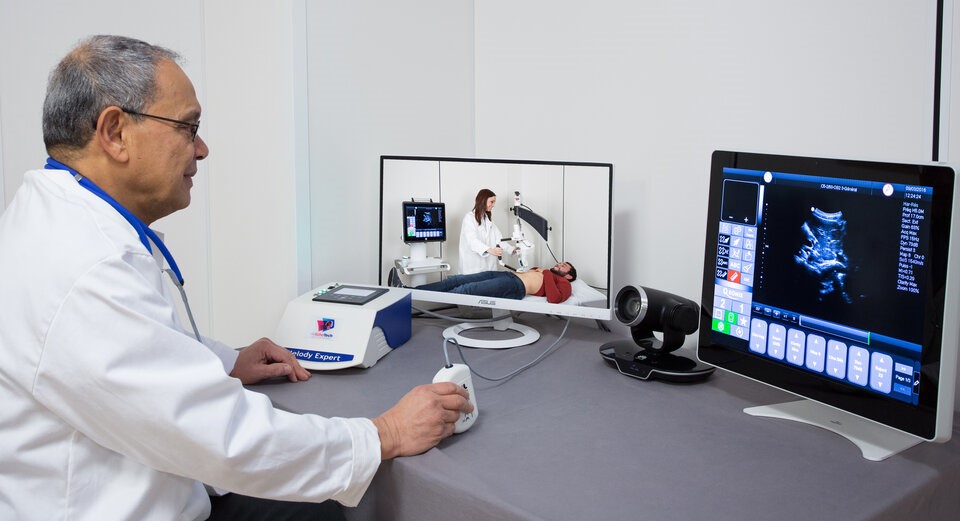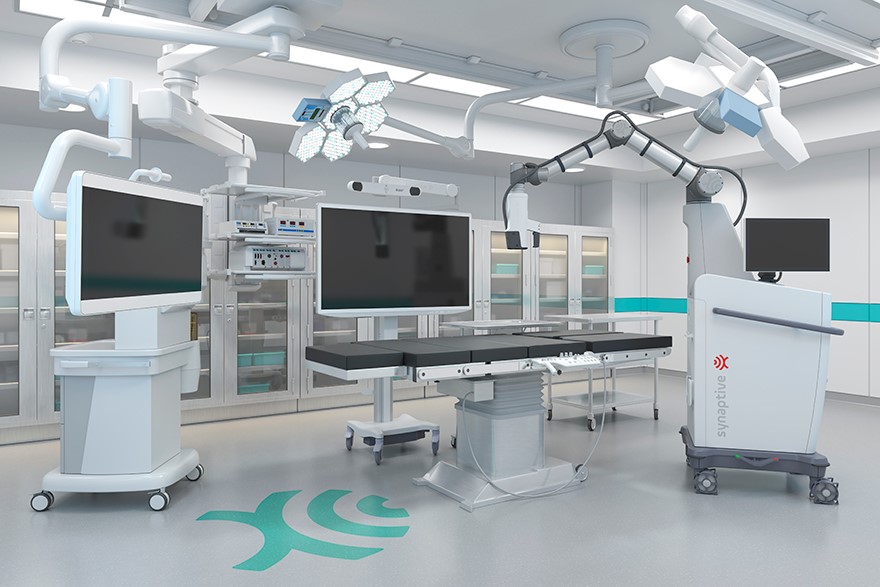Personalized Medicine
Personalized medicine will be a key aspect of future space healthcare. Genetic profiling and individual health data will inform customized treatments and dietary plans to address the unique health needs of each astronaut. This approach will optimize astronaut performance and reduce the risk of adverse health effects during space missions.

Figure 1.Personalized Medicine
Figure 1 shows the goal of personalized medicine is to move away from a one-size-fits-all approach and tailor healthcare to individuals, optimizing disease prevention, diagnosis, and treatment outcomes. Technological advances, such as sequencing and omics, along with bioinformatics and in vitro testing, have made personalized medicine a reality. In space travel, individuals show varying responses to environmental stressors, impacting physiological adaptations and health outcomes. Human space flight research has revealed significant inter-individual variability in response to space conditions.[1]
Personalized medicine, also known as precision medicine, is an approach to healthcare that tailors’ medical decisions, treatments, and interventions to individual characteristics, needs, and genetic makeup. This concept recognizes that each person's biology is unique, and what works for one individual may not be as effective for another. Personalized medicine seeks to optimize healthcare outcomes by considering a person's genetic, environmental, and lifestyle factors.
Key elements of personalized medicine include:
Genetic Profiling: Through advanced genetic testing and sequencing technologies, healthcare providers can analyse a person's DNA to identify genetic variations and mutations that may impact their health and response to treatments.
Targeted Therapies: Personalized medicine allows the selection of targeted therapies that specifically address the molecular profile of a patient's disease, leading to more effective and tailored treatments.
Disease Risk Prediction: By analysing genetic data and other risk factors, personalized medicine can predict a person's susceptibility to certain diseases and enable early interventions or preventive measures.
Pharmacogenomics: This field studies how an individual's genetic makeup influences their response to medications. Pharmacogenomic testing can help optimize drug selection and dosing, reducing the risk of adverse reactions and improving treatment outcomes.
Lifestyle and Environmental Factors: Personalized medicine considers non-genetic factors, such as diet, lifestyle, and environmental exposures, to develop personalized recommendations for disease prevention and management.
Predictive Diagnostics: Advanced diagnostic technologies can identify disease markers and biomarkers in an individual's body, aiding in early detection and prognosis of diseases.
Data Integration and Artificial Intelligence: Personalized medicine relies on the integration of diverse data sources, including genetic information, electronic health records, and clinical data. Artificial intelligence and machine learning algorithms can analyse this data to provide personalized treatment recommendations.
The goal of personalized medicine is to move away from a one-size-fits-all approach to healthcare and to provide more precise, effective, and patient-centred treatments, leading to better health outcomes and improved quality of life for individuals.
References:
- https://pubmed.ncbi.nlm.nih.gov/34966726/
Cite this article:
Janani R (2023),The Future of Space Medicine: Healthcare for Astronauts, Anatechmaz,pp 4





